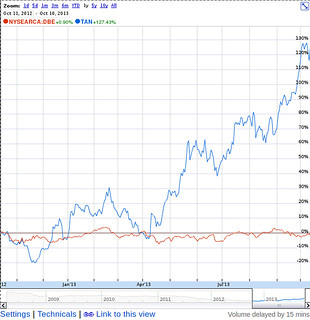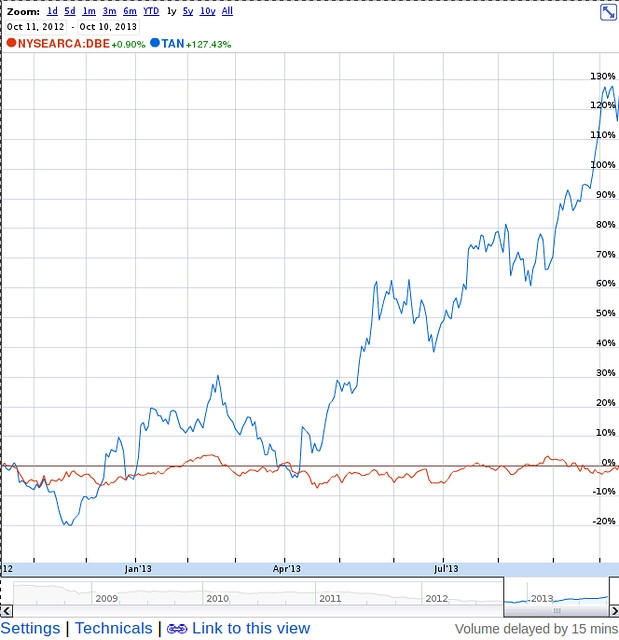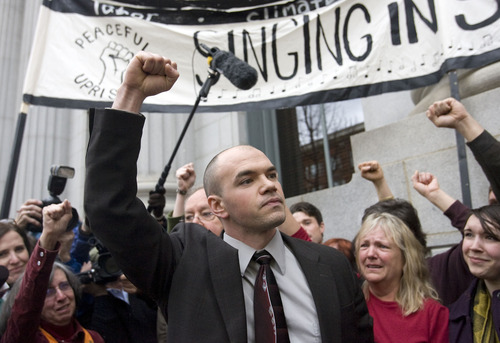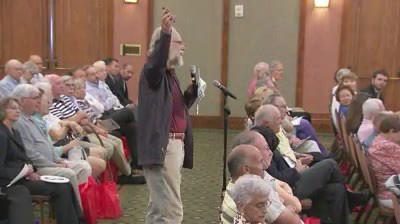Drew Faust wants us to believe Harvard can’t figure out how to power its
own campus and vehicles on renewable solar, wind, wave, and tidal energy?
 Come on, pull the other one!
Come on, pull the other one!
President Faust wrote that
divestment would make Harvard appear “as a political actor rather than an academic institution”,
that Harvard might not make enough money,
that “Universities own a very small fraction of the market capitalization of fossil fuel companies”, and that
“I also find a troubling inconsistency in the notion that, as an
investor, we should boycott a whole class of companies at the same
time that, as individuals and as a community, we are extensively
relying on those companies’ products and services for so much of
what we do every day.”
The first three excuses would have applied just as much back in the 1980s
when
Harvard finally divested from companies dealing in apartheid in South Africa, a symbolic, and yes, political action that contributed markedly to the
release of Nelson Mandela, the downfall of the apartheid regime, and later
the election of Nelson Mandela as president of South Africa.
Harvard President Derek Bok, 18 May 1990,
in a letter to students
explaining the Unversity’s September 1989 decision
to divest from tobacco companies, since completed:

In reaching its decision, the corporation was motivated by a desire
not to be associated as a shareholder with companies engaged in
significant sales of products that create a substantial and
unjustified risk of harm to other human beings.
Harvard divestment was good enough for apartheid and tobacco.
 In veritas, Harvard can have just as much or more influence by divesting
from fossil fuels, and that cause is even more important for the whole world.
In south Georgia truth, so can
Valdosta State University in its own region.
In veritas, Harvard can have just as much or more influence by divesting
from fossil fuels, and that cause is even more important for the whole world.
In south Georgia truth, so can
Valdosta State University in its own region.
 Office of the President, Harvard,
3 October 2013,
Fossil Fuel Divestment Statement;
I added the links and images, all directly related to Harvard.
Office of the President, Harvard,
3 October 2013,
Fossil Fuel Divestment Statement;
I added the links and images, all directly related to Harvard.
Dear Members of the Harvard Community,
Continue reading →
 Should Harvard President Drew Faust
worry that
“Significantly constraining investment options risks significantly constraining investment returns”?
Actually, if Harvard has been wasting investments in oil and gas for the
past year, its endowment has lost a bundle.
Ditto VSU.
Should Harvard President Drew Faust
worry that
“Significantly constraining investment options risks significantly constraining investment returns”?
Actually, if Harvard has been wasting investments in oil and gas for the
past year, its endowment has lost a bundle.
Ditto VSU.















